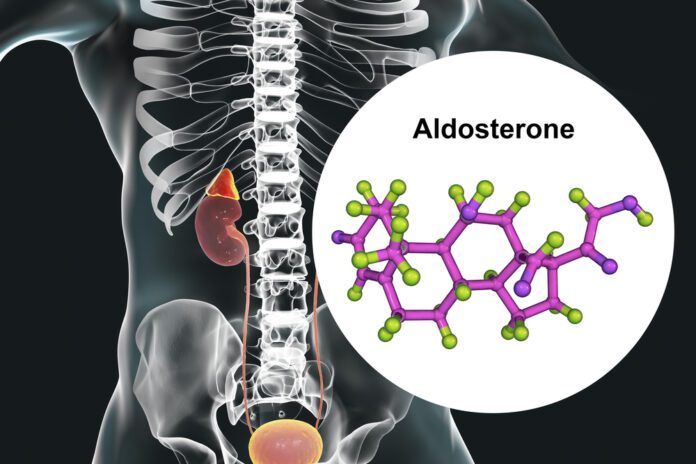Overview
Aldosteronism with normal blood pressure is one of a group of rare conditions that affect the kidneys. This condition does not cause high blood pressure, as opposed to other conditions within the same group that do. This condition is synonymous with Bartter’s syndrome.
Commonly Associated With
Salt-wasting nephropathy and Potassium wasting
Causes Of Aldosteronism With Normal Blood Pressure
Aldosteronism with normal blood pressure is a congenital condition, which means people are born with it. The development of this condition is known to be associated with 5 different abnormal genes.
Aldosteronism with normal blood pressure occurs because of a problem with the kidney’s ability to reabsorb sodium like it should. Due to this, people with the condition will lose too much sodium in their urine, which causes the body’s aldosterone (a hormone) levels to rise. After that happens, the kidneys will start removing too much of the body’s potassium. This process is called potassium wasting.
This condition can also result in hypokalemic alkalosis (an abnormal balance of acid in the blood) which causes the body to produce urine with too much calcium in it.
Symptoms of Aldosteronism With Normal Blood Pressure
This disorder is usually first noticed during childhood. Symptoms can include:
- Low blood pressure
- Weakness and muscle cramps
- A failure to grow and gain weight at the same rate as other children the same age
- Constipation
- Feelings of urinary frequency (feels the need to urinate more often than usual)
- Kidney stones
Exams and Tests
Aldosteronism with normal blood pressure is the usual suspect when diagnostic blood tests reveal a low level of potassium in the person’s blood. Notably, unlike most other forms of kidney disease, this condition doesn’t cause people to develop high blood pressure. In fact, they actually tend towards low blood pressure.
Diagnostic laboratory test results can include:
- Metabolic alkalosis (the body’s pH is too high)
- High blood levels of the hormones aldosterone and renin
- High urine levels of calcium, potassium, and chloride
- Low blood levels of chloride
Similar symptoms to these can occur in people who take too much of their diuretics (water pills) or laxatives. If confusion exists, additional urine tests can rule out other causes. Providers may perform a kidney ultrasound, if necessary.
Treatment Of Aldosteronism With Normal Blood Pressure
No cure for aldosteronism with normal blood pressure exists, but the imbalances in the body can be treated, which helps alleviate many of the symptoms. The most common treatment is a prescribed diet that is high in potassium, or prescribing potassium supplements for the person to take.
Many patients may also need magnesium and salt supplements as well. Medication that blocks the kidney’s ability to excrete potassium could also be needed. Another option is the use of high doses of NSAIDs (nonsteroidal anti-inflammatory drugs).
Outlook (Prognosis)
With treatment, infants who suffer from severe growth failure due to aldosteronism with normal blood pressure can grow normally with time. In some cases, some with the condition will eventually develop kidney failure.
When to Contact a Medical Professional
Contact a health care provider if a child with the condition is:
- Urinating more frequently than they should
- Experiencing muscle cramps
- Failing to grow and gain weight as expected



